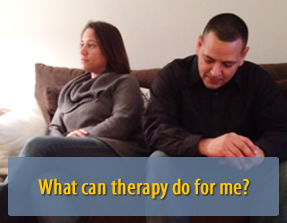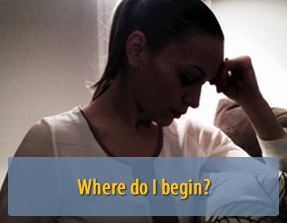 Conflicts with our day-to-day encounters can be complex and emotionally charged. If past traumas, dysfunctional upbringing, accidents, loss, infidelity, recent life changes, parenting challenges, emotional issues, or any pattern of behavior that gets in your way is affecting your marriage, family, career, or other personal relationships, professional treatment could be extremely beneficial. At Counsel NJ Solutions we work with families and individuals from all walks of life, helping with long lasting outcomes utilizing EMDR and other types of therapies. At Counsel NJ we want to identify and address the difficult issues that are standing in the way of the strong, healthy relationships that you deserve. We want you to be your more authentic self, the person you know you can be
Conflicts with our day-to-day encounters can be complex and emotionally charged. If past traumas, dysfunctional upbringing, accidents, loss, infidelity, recent life changes, parenting challenges, emotional issues, or any pattern of behavior that gets in your way is affecting your marriage, family, career, or other personal relationships, professional treatment could be extremely beneficial. At Counsel NJ Solutions we work with families and individuals from all walks of life, helping with long lasting outcomes utilizing EMDR and other types of therapies. At Counsel NJ we want to identify and address the difficult issues that are standing in the way of the strong, healthy relationships that you deserve. We want you to be your more authentic self, the person you know you can be
We will work to help individuals find relief thorough integrative therapies. At Counsel NJ we prefer deep work with lasting results, which is why we promote EMDR for people who are looking for a lasting change. If you are interested please call Dr. Nadia at (954) 840-8583.



